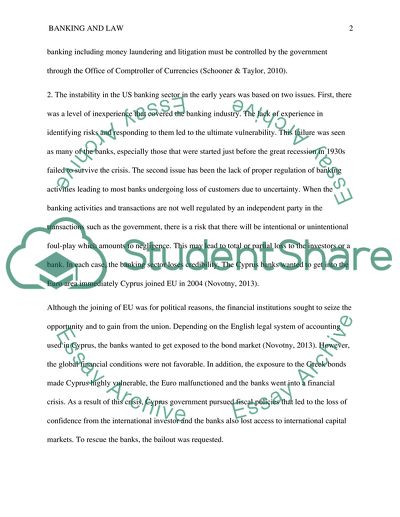Cite this document
(“Law Of Banking And Financial Institutions Benchmark Assignment”, n.d.)
Retrieved from https://studentshare.org/law/1661577-law-of-banking-and-financial-institutions-benchmark-assignment-1
Retrieved from https://studentshare.org/law/1661577-law-of-banking-and-financial-institutions-benchmark-assignment-1
(Law Of Banking And Financial Institutions Benchmark Assignment)
https://studentshare.org/law/1661577-law-of-banking-and-financial-institutions-benchmark-assignment-1.
https://studentshare.org/law/1661577-law-of-banking-and-financial-institutions-benchmark-assignment-1.
“Law Of Banking And Financial Institutions Benchmark Assignment”, n.d. https://studentshare.org/law/1661577-law-of-banking-and-financial-institutions-benchmark-assignment-1.


